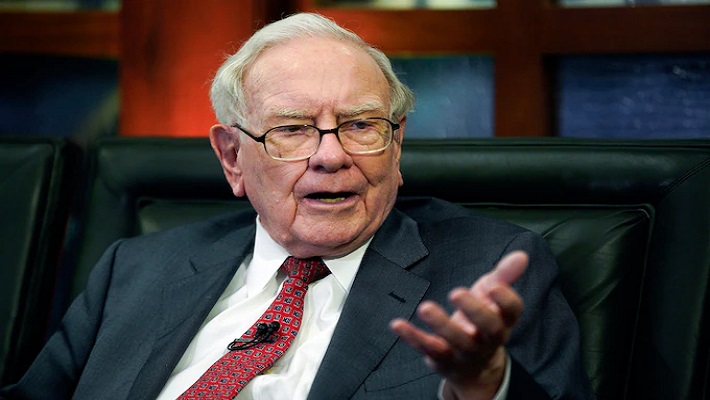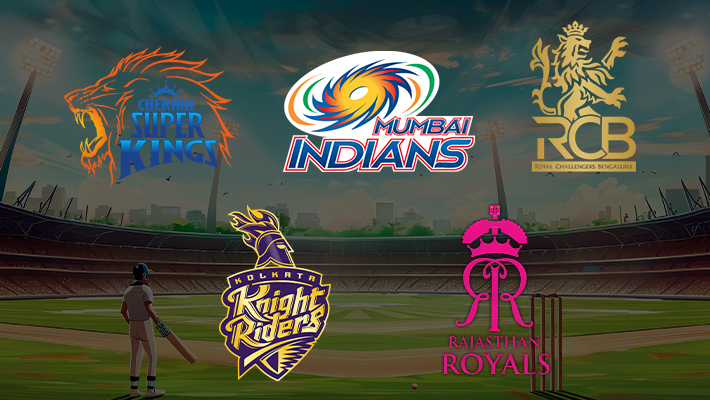
This article is a walkthrough to answering the ‘Tell me about yourself’ interview question intelligently.
I have also tried and covered the mistakes you NEED to avoid if you want to pass this question.
Following are the things you’ll learn in the article further:
- The most-accepted method of how to answer “tell me about yourself”
- 4 sample answers to “tell me about yourself”
- How to prepare and become 100% ready for the interview
Let’s get started.
1. Pick the Right Beginning to your Story
The objective to answering “tell me about yourself,” is to present a brief, concise picture of your career journey that will showcase only the relevant pieces of experience.
Start at a point in the past (like how you began working in the domain in question), and ended up at your current job. Therefore, first decide where to begin.
If you’re a recent graduate: Start with the fact that you just graduated, and explain why you chose this career path or field of area of study.
For example, try this:
“I graduated with my degree in Economics two months ago. I chose that field of study because I’ve always been interested in finance and money, and a couple of family members told me it leads to great career options, too.”
If you have 8-20+ years of experience, you can start with a mid-point in your career in order to keep your answer short and precise.
For example, if you’re a manager, you could begin with describing how you first became a manager. If your total experience is of 25 years, but have only been a sales professional for 12 years, you could begin with talking about how you stepped in the sales shoes.
Try this, if you’re an experienced candidate:
“I first started managing people twelve years ago, when I was promoted from Customer Service Associate to Customer Service Supervisor. Since then, I’ve…”
2. Highlight Impressive Experience and Accomplishments
As you narrate your career story, mention the key accomplishments you’ve achieved, the work you’ve done, skills you’ve learned, and pivotal career moves you’ve made.
Were you promoted? That’s always a great sign and worth mentioning.
Did you accomplish something significant like solving an imperative business bottleneck for your last employer? Mention it without forgetting.
Did you build new skills or overcome challenges? Get specific! Throw the details.
Make sure the facts are not random. It should have link to the employer’s company or the organization’s operational areas.
Do your homework, get to know the company before going into the interview. Study their job description in particular so you know what skills THEY care most about.
What does this particular job involve? Is there a lot of leadership required? Talk about your experiences leading (no matter how small!), how it went, what you learned.
Does the job involve a high level of technical skill? Talk about how you learned and advanced in that area through each step of your career!
You need to stitch your answer to the finest thread for, “tell me about yourself,” for their job description and their needs.
3. Leave the concluding note on your current situation
Signing off, it is best to bring the interviewers at pace with your current positioning.
Answer this: Why you wanted to apply for their job, what you’re looking to do next, etc.
For example,
“…and that’s why I wanted to interview with your firm. This position seems like a great opportunity to advance those skills I just talked about, and continue building my career and challenging myself”.
4. Stick to Work-Related Answers
When employers ask, “tell me about yourself,” in an interview, they look forward to hearing you as a professional. Thus, the safest approach is to keep your answer work-related and share your career story, rather than personal details.
You can show more personality as the interview goes on, but it’s risky to share too much personal info when answering, “tell me about yourself.”
It could lead to your answer getting too long, or it could cause you to leave out important professional information that the interviewer was looking to know!
Be Concise When Answering (2 Minutes or Less!)
When they say “tell me about yourself,” it may sound tempting to go all radio gaga to answer this. It’s such an open-ended question, besides; this might only be the answer you know quite confidently. Technical questions aside.
And we covered a lot above, but there’s something just as important as any of that. You need to be concise.
Your communication and control on your speech is something they are watching closely.
The interviewer wants to see that you can tell your story from Point A (beginning) to Point B (the end) without getting sidetracked, distracted or scattered.
Because it tells them how you’ll communicate as an employee… when there’s a problem, when there’s a disagreement, or when you simply need to share your knowledge or opinion.
If speak for more than 2 minutes you probably lost the interviewer’s attention which he so generously offered you in the beginning. In fact, a 90 seconds timeline is ideal.
All said and done, now here are some examples: (Do me a favour, don’t mug it up and spew the same in an interview, improvise)
Template for an Experienced Candidate:
“I graduated with a Business degree in 2010, and was offered an account management position from a telecommunications company I had interned with. I loved working with customers and managing and growing my accounts, but the industry we were in just wasn’t very appealing to me. After that, I stayed a full year and learned a ton about how to build and manage accounts successfully and I ended up becoming a top performer in my group before leaving. I left at the 1-year-mark to pursue a very similar position within an industry I’m much more excited about- healthcare. I’ve been at this healthcare startup space for 2 years with this company and I feel ready to take my career to the next level so that’s why I’m currently looking for a new opportunity.”
Template for Candidate with No Experience:
“I graduated with a degree in Engineering two months ago. I chose that field of study because I’ve always been interested in math and physics, and a couple of family members told me it leads to great career options. One of my key accomplishments during my academic career was speaking at a conference on the topic of energy-efficient window design, based on research I had done for one of my senior-level classes. This led to an internship that I just wrapped up, so I’m actively looking for a full-time position now.”
Template if you’re searching while employed:
“Well, I’m currently working at XYZ Company and I specialize in doing ___. The reason I applied for this job is I saw ___ on the job description and I think I would be able to help you ___ and ___. One of my key accomplishments in my current role was helping my employer do ___, and I’m confident I can help your team get similar results here.”
Template if unemployed:
“In my most recent position at XYZ Company, I specialized in doing ___. The reason I applied for this job is I saw ___ on the job description and I think I would be able to help you ___ and ___. One of my key accomplishments in my last role for XYZ Company was helping them ___, and I’m confident I can help your team get similar results here.”







